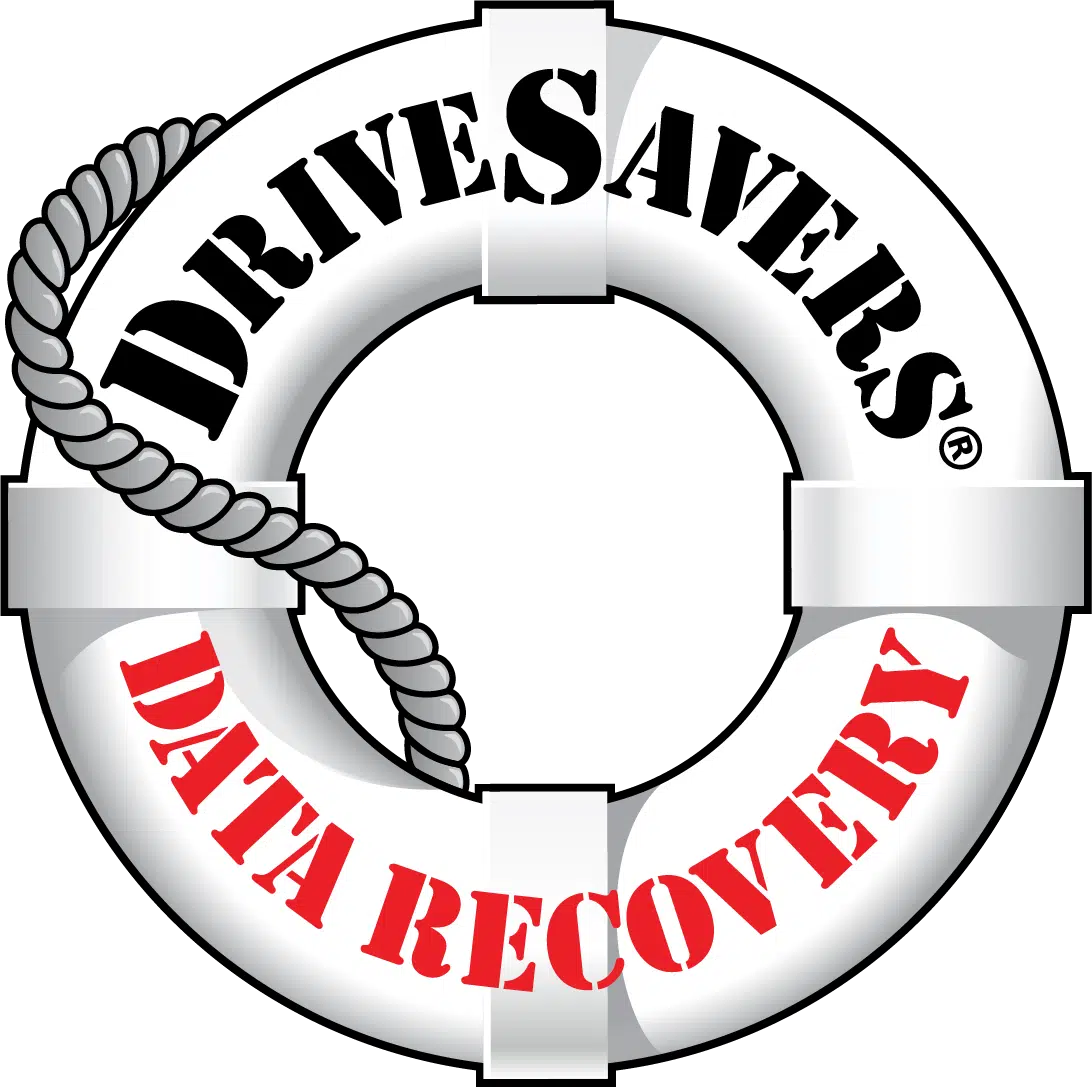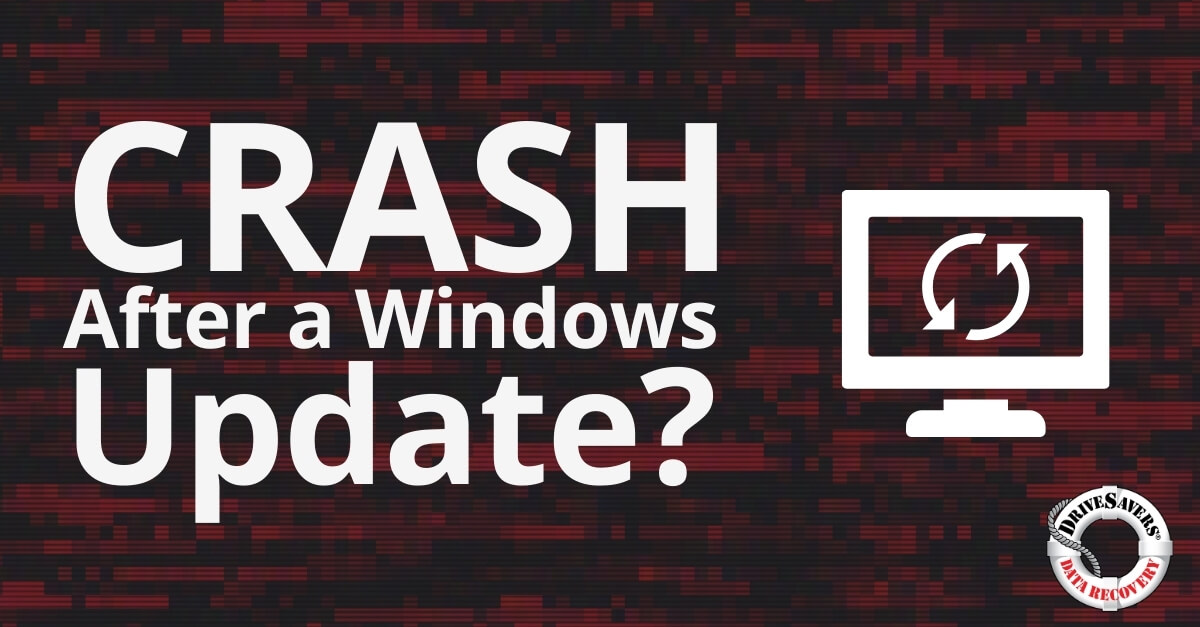Discover how DriveSavers recovered precious photos from Kate Grinberg's failed external hard drive.
What Not to Do When Your Drive Fails

We spend a lot of time at DriveSavers reminding our customers what they can do to prevent data loss, but today we’re looking at what not to do.
Here are the Top 7 “No-Nos “
- Don’t turn on any drive that is clicking, whining, grinding, wheezing or making any unusual noise. Bad sounds are typically made by a drive that has failed mechanically or has sustained physical damage. Putting power to the drive could make matters worse, sometimes destroying the data you want to save in the process.
- Don’t run any data recovery software until you are dead certain of the type of problem you’re facing. There are myriad software tools on the market, and they may be useful in some cases, but none of those tools will help with a physically damaged or mechanically failed drive. Even if you suspect the drive isn’t damaged or mechanically ailing, software can make changes to the drive that are irreversible. Call the experts at DriveSavers first for guidance and information.
- Don’t handle a hard drive without proper precautions. Static electric discharge can fry the printed circuit board, so protect yourself and your data from harm by grounding yourself while handling any drive. Once removed from a computer or enclosure, drives should be stored in an anti-static bag. You can use a zip-lock plastic bag as a substitute.
- Don’t remove drives from a computer before shutting off the power. This goes for any drive, even a flash drive. These devices are extremely vulnerable to power fluctuations. If you pull a drive while the power is on, it can create corruption that blocks access to your data.
- Don’t turn a failing drive on and off repeatedly in hopes of it coming back to life. In most cases, you may be making a bad situation even worse.
- Don’t open any hard drive outside of an ISO Class 5 Certified clean room, like the one we have at DriveSavers. Exposing the drive to the atmosphere outside a clean room will subject the inner workings of the drive to airborne contamination. Even a microscopic speck of dust can ruin an otherwise recoverable hard drive.
- Don’t put a failed hard drive in the freezer. Despite what some online pundits suggest, this outdated approach doesn’t work. It will only increase the chances of non-recovery and could destroy the data that you’re trying to recover.



